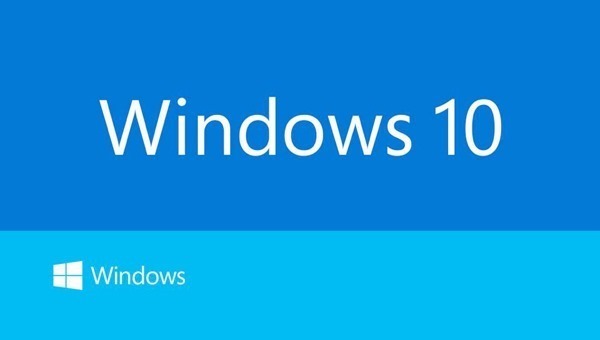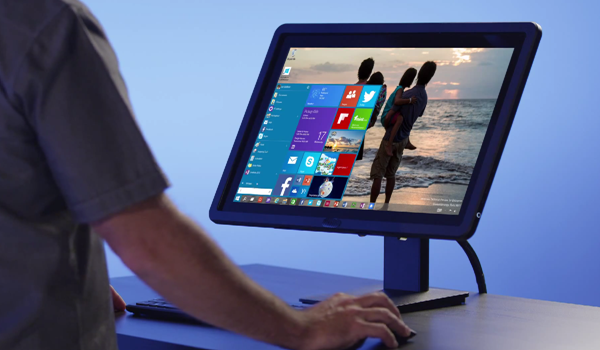Tuesday’s introduction of Windows 10 has pretty much everyone in the tech stratosphere discussing the reasoning behind the decision to miss out Windows 9. The majority of pundits and technology analysts involved in keeping abreast of Microsoft news were pretty sure that the company would release an all-singing, all-dancing product that would make the usual evolutionary jump up the naming ladder from Windows 8 to Windows 9. Alas, that was not to be the case, but why you ask? According to one Reddit user, a piece of common code found in a large set of third-party apps could provide us with an answer to that problem.
Microsoft is obviously taking the most professional high-road on why it decided to leap over Windows 9 and go directly to a proud “10” release with its new and improved software. According to the makers of Windows, the new version of the iconic operating system contains such a vast array of changes and feature improvements that calling it Windows 9 didn’t feel like it was doing the improvements justice. When released, Windows 10 will also be built natively to seamlessly support desktops, smartphones and tablets making it the most versatile version of Windows to date.

From a purely romantic perspective they all sound like valid reasons. However, it doesn’t look like the Internet is convinced with what Microsoft has to say. If the world of Reddit is to be believed, then it looks like the decision to call the product Windows 10 was driven largely by a piece of code in older apps that makes a rather defenseless check against the string identifier of the operating system version in order to perform a number of tasks if it begins with “Windows 9“:
Microsoft dev here, the internal rumours are that early testing revealed just how many third party products that had code of the form
if(version.StartsWith("Windows 9")) { /* 95 and 98 */ } else {and that this was the pragmatic solution to avoid that.

Basically, if Microsoft called the product Windows 9, and an app hits that code block then it would execute a set of instructions intended for use on legacy versions of the operating system, namely Windows 95 or 98. Of course, that’s only if the speculation is true, which we’re unsure of at this end. This is one of those things that we could never quite know the truth behind. Microsoft is clearly happy with Windows 10, and so are we.
(Source: Reddit)
You may also like to check out:
You can follow us on Twitter, add us to your circle on Google+ or like our Facebook page to keep yourself updated on all the latest from Microsoft, Google, Apple and the web.

